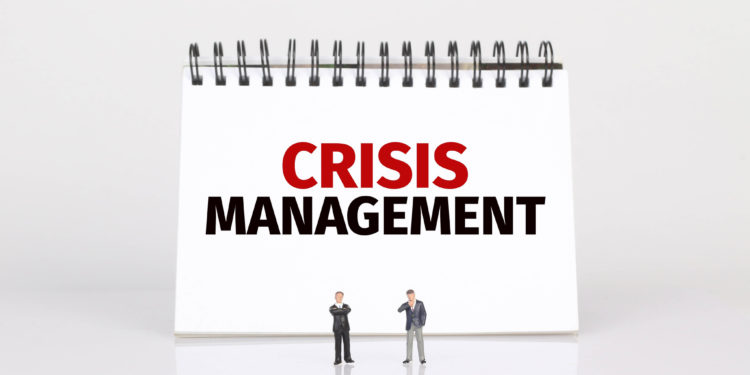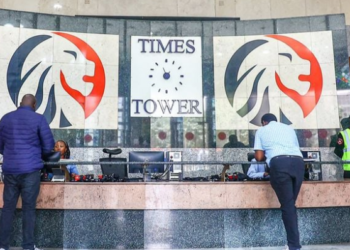A crisis management strategy prepares a business for possible risks and eases the enduring harm a crisis would have on a business.
It summarizes how a business will respond if and when a crisis occurs. An effective crisis plan should determine what crises are most likely to affect an organization and what consequences the business may suffer in the process.
The key objective of a crisis management plan is to lessen destruction and reinstate normalcy in the shortest possible. It is important to note that The Crisis strategy should pinpoint who acts and what their roles are in the process.
A good crisis management plan should answer the following questions:
- What crisis could possibly face the business?
- What steps should be taken to tackle the crisis?
- Who acts in case of a crisis?
Read: Ghana Suspends Debt Payments As Crisis Worsens
With these three questions forming the basis for the strategy the business should then proceed to establish a crisis management team.
It is critical that the crisis management team members and employees as well, know their roles during a crisis. When stakeholders are well-informed and prepared, it reduces the anxiety that comes with a crisis.
When the response team is formed, the next step is to assess risks. When evaluating risks, it is important to have a risk register.
A risk register is a document that tracks prospective hazards within a business. The risk register prioritizes risks based on the probability of their occurrence.
The use of the register eliminates delays, enhances preparedness, and improves the efficacy of the responses generated. After ascertaining possible risks, identify the possible impact of each risk on the business.
Specific risks can cause different outcomes, so it’s essential to scrutinize them individually. This will help the crisis management team prepare for the specific possible outcome and lay down appropriate measures to mitigate on the impacts.
The team should then, take each identified risk and establish what actions should be taken to retort to the possible threats.
Read: This Is How You Build Brand Loyalty
The next step is congealing the strategy by including vital elements such as an execution plan and key contacts while also keeping in mind any significant regulatory requirements.
It is paramount to collaborate with key stakeholders so that everyone understands what to do and when. The final step is reviewing the strategy.
Once your crisis plan is complete, review the final product to ensure there are no gaps. Revisit your crisis management plan and update it at least once a year because potential risks can change with time.
Email your news TIPS to editor@thesharpdaily.com


















